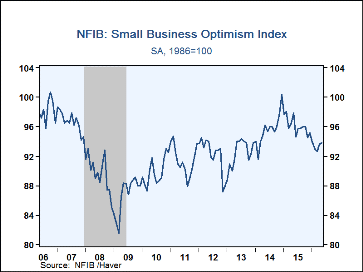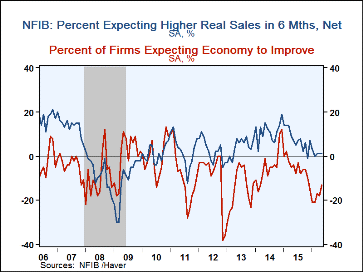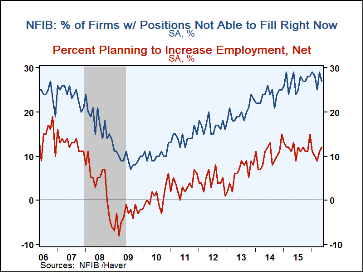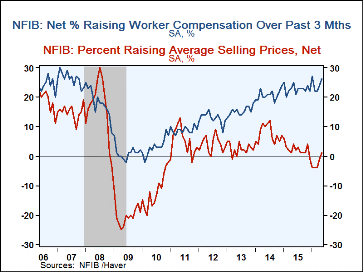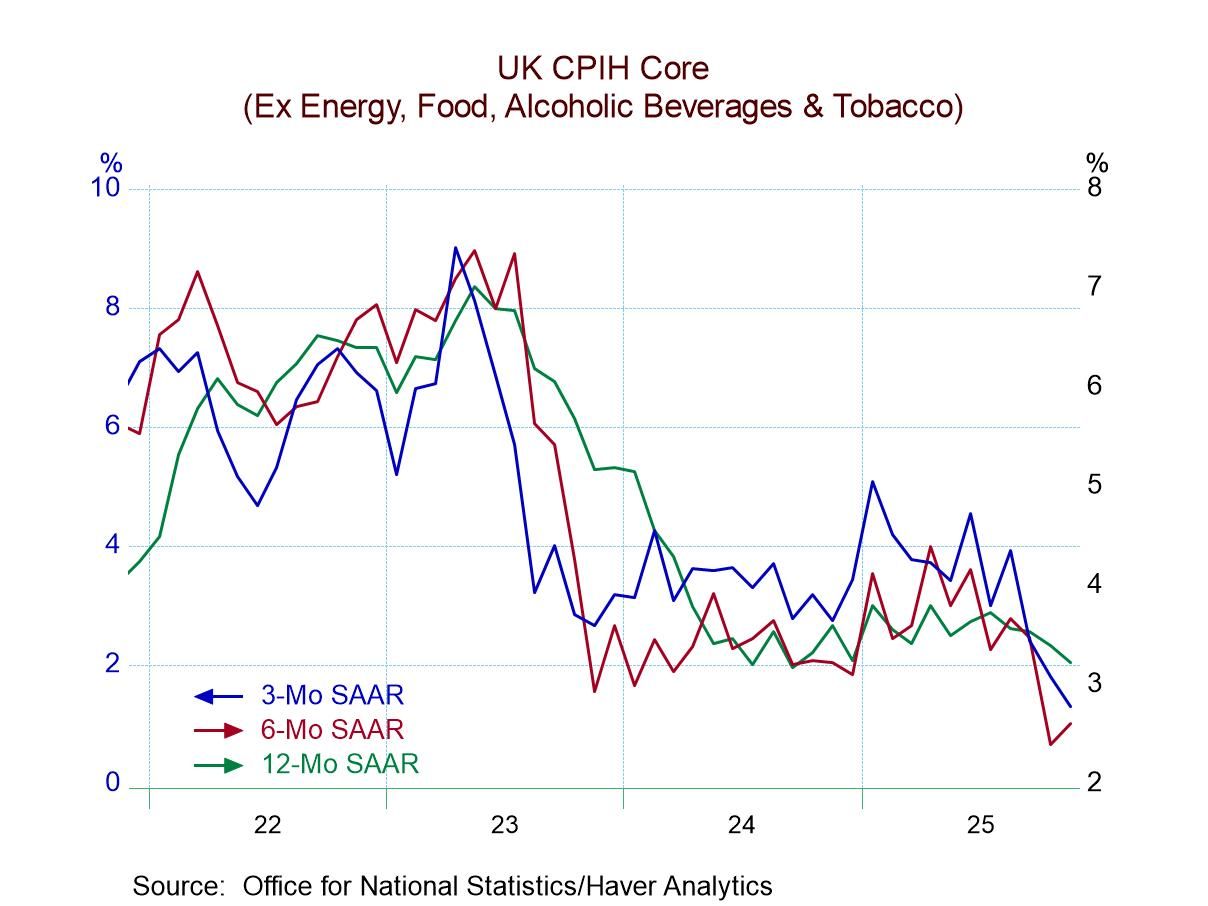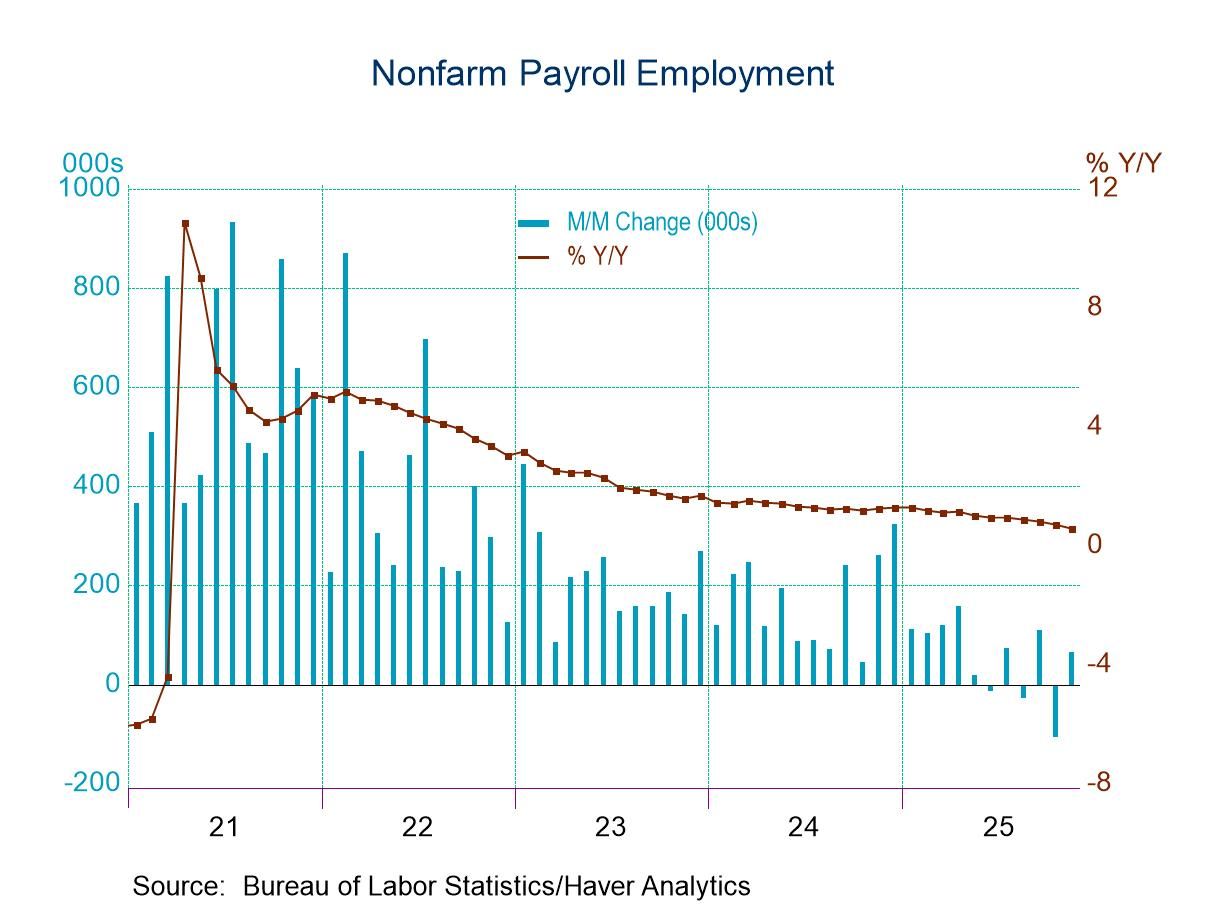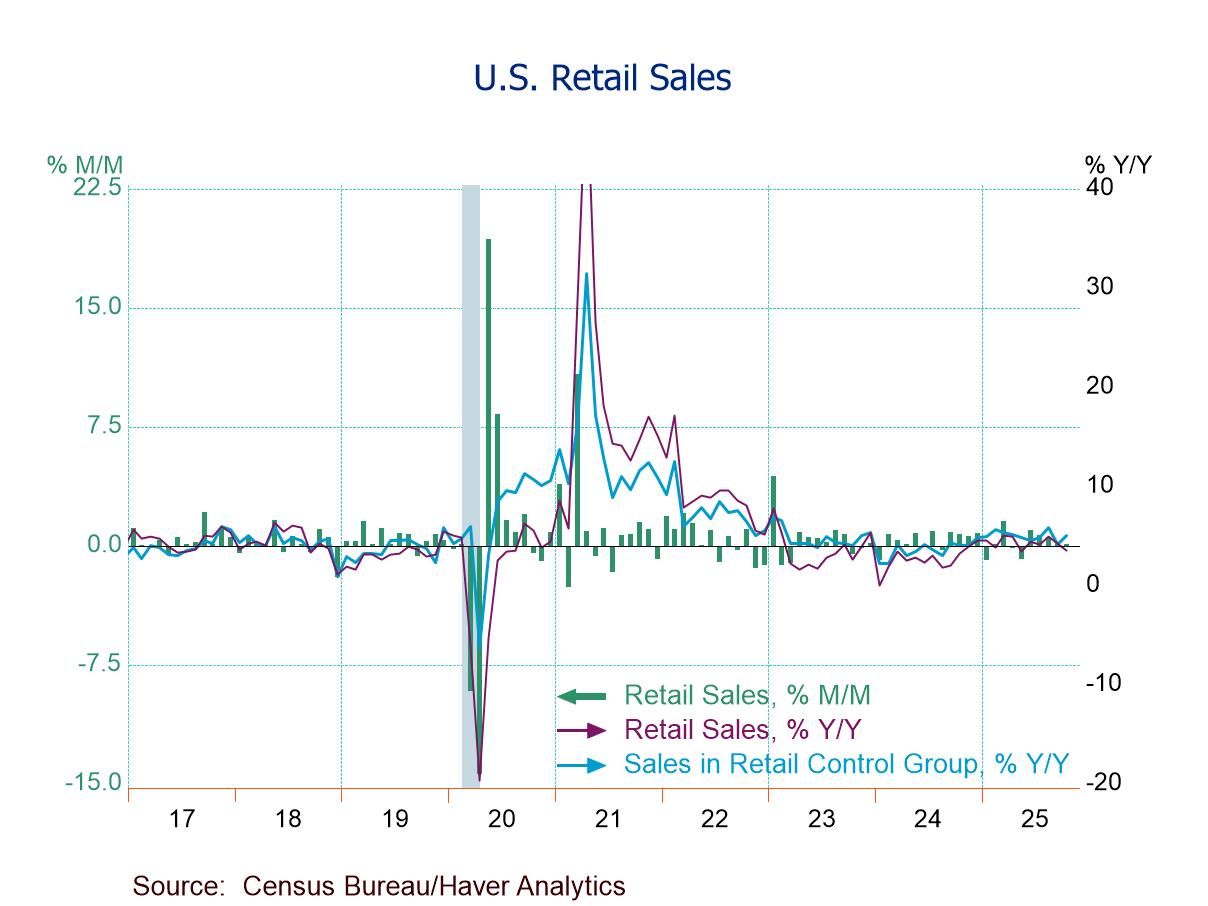 Global| Jun 14 2016
Global| Jun 14 2016U.S. Small Business Optimism Is Little Changed
by:Tom Moeller
|in:Economy in Brief
Summary
The National Federation of Independent Business reported that its Small Business Optimism Index increased 0.2% during May to 93.8 following a 1.1% April rise. These were the only increases so far this year. An improved 9% of firms [...]
The National Federation of Independent Business reported that its Small Business Optimism Index increased 0.2% during May to 93.8 following a 1.1% April rise. These were the only increases so far this year.
An improved 9% of firms reported that now was a good time to expand the business, while expectations for the overall economy increased to the least negative reading in six months. A steady 1 percent of firms expected higher real sales in six months, near the lowest in six months.
Employment prospects brightened. Twelve percent of firms expected to increase employment, the most this year; however, a higher 48% of respondents found few or no qualified candidates to fill job openings, equaling the most since September 2007. A lessened 27% of firms had positions they were not able to fill right now. A greater 26% of firms raised worker compensation over the last twelve months, but a steady 15% were expecting to raise it in the next three months.
Small businesses' pricing ability improved as 1% of firms were raising prices, the most in 6 months. Expectations about the future ability to raise prices remained muted, however, as a steady 16% of firms were planning to raise them.
Credit was slightly easer to get as 4% reported trouble, the least in six months. A stable 31% of firms felt satisfied that their borrowing needs had been filled in the last three months.
An increased 23% of firms indicated that taxes were the single most important problem, the most since last June. Working the other way, a lessened 18% reported that government requirements were the largest single problem, equaling the least since November 2012. A stronger 14% of firms indicated that poor sales were the largest single problem, and a slightly higher 13% felt challenged by the quality of labor. A lessened 8% reported insurance cost & availability as the largest problem. A stable 8% reported competition from large businesses as the largest problem, and a lessened 5% reported the cost of labor was the biggest problem. Inflation was indicated by 4% of respondents as the largest problem, the most since last June.
Roughly 24 million small businesses exist in the U.S. and they create 80% of all new jobs. The typical NFIB member employs 10 people and reports gross sales of about $500,000 a year. The NFIB figures can be found in Haver's SURVEYS database.
| National Federation of Independent Business (SA, Net %) | May | Apr | Mar | May'15 | 2015 | 2014 | 2013 |
|---|---|---|---|---|---|---|---|
| Small Business Optimism Index (1986=100) | 93.8 | 93.6 | 92.6 | 97.9 | 96.1 | 95.6 | 92.4 |
| Firms Reporting Now is a Good Time To Expand the Business | 9 | 8 | 6 | 14 | 11 | 10 | 7 |
| Firms Expecting Higher Real Sales In Six Months | 1 | 1 | 1 | 7 | 8 | 11 | 4 |
| Firms Expecting Economy To Improve | -13 | -18 | -17 | -4 | -5 | -5 | -15 |
| Firms Planning to Increase Employment | 12 | 11 | 9 | 13 | 12 | 10 | 6 |
| Firms With Few or No Qualified Applicants For Job Openings | 48 | 46 | 41 | 47 | 46 | 43 | 39 |
| Firms Reporting That Credit Was Harder To Get | 4 | 5 | 5 | 3 | 4 | 6 | 6 |
| Firms Raising Average Selling Prices | 1 | -1 | -4 | 4 | 2 | 8 | 2 |
Tom Moeller
AuthorMore in Author Profile »Prior to joining Haver Analytics in 2000, Mr. Moeller worked as the Economist at Chancellor Capital Management from 1985 to 1999. There, he developed comprehensive economic forecasts and interpreted economic data for equity and fixed income portfolio managers. Also at Chancellor, Mr. Moeller worked as an equity analyst and was responsible for researching and rating companies in the economically sensitive automobile and housing industries for investment in Chancellor’s equity portfolio. Prior to joining Chancellor, Mr. Moeller was an Economist at Citibank from 1979 to 1984. He also analyzed pricing behavior in the metals industry for the Council on Wage and Price Stability in Washington, D.C. In 1999, Mr. Moeller received the award for most accurate forecast from the Forecasters' Club of New York. From 1990 to 1992 he was President of the New York Association for Business Economists. Mr. Moeller earned an M.B.A. in Finance from Fordham University, where he graduated in 1987. He holds a Bachelor of Arts in Economics from George Washington University.


